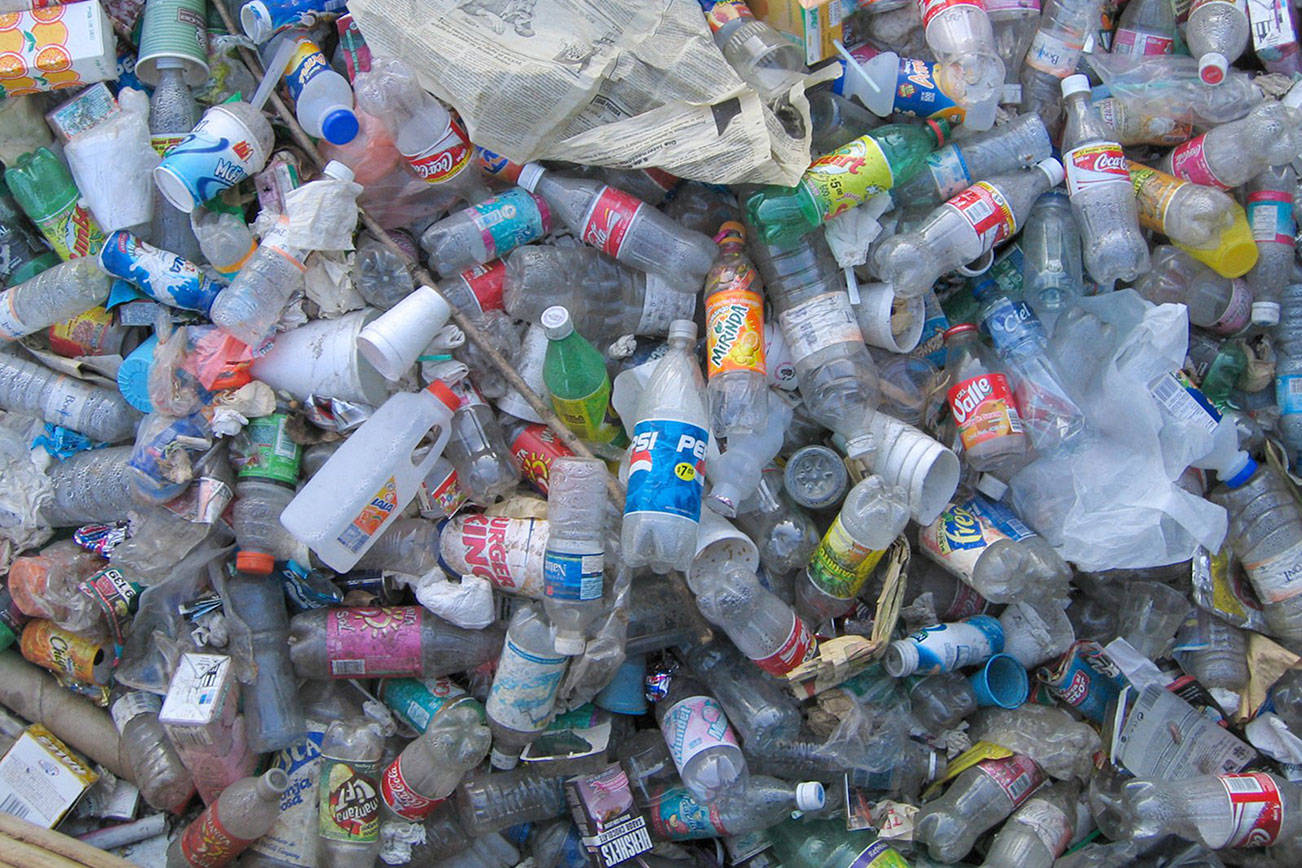Earlier this month, China launched its “national sword” policy which bans many recyclable materials it traditionally imported. Meanwhile, its upcoming March edict imposing a lower limit on contaminants is having global reverberations.
Since the 1990s, the world has shipped the bulk of its used paper, plastics and metals to China. In 2016, its imported value was $18 billion. Nearly one-third of North America’s recyclables were processed in China – much of it from West Coast states.
China was hungry for scrap and tolerated higher contamination level which added to its pollution problems. “However, as the country grew in economic strength, government leaders are no longer willing to accept environmental sacrifices,” New York Times reporter Mike Ives recently wrote.
While the suddenness of action surprised many, the Chinese started signaling concerns in 2013 with the launch of a customs program called “Operation Green Fence.” It was aimed at increasing environmental quality by reducing waste contamination in recyclable materials.
“China doesn’t want to be the rest of the world’s trash can,” Ives wrote. “Over the summer, regulators in Beijing started an unusually intense crackdown on what they called “foreign garbage,” citing health and environmental concerns.”
FoodBevMedia’s Gail Barnes added: “The Chinese war on foreign garbage will have a major impact on the recycling industry – both in China as well as abroad. Due to a lack of infrastructure in many European and North American markets, much of the 7 million metric tons of plastic and 29 million metric tons of paper that China imports annually will have nowhere to go except landfills.”
That crackdown has lead China to impose a new and much more stringent half-of-one percent (0.5 percent) contamination limit starting on March 1.
The Washington Refuse and Recycling Association (WRRA) estimates the current contamination rates run between three and five percent and getting to the new limit could be
problematic and costly. Adding to the market uncertainty, WRRA members are concerned whether China will even renew import licenses. (So far this year only a handful were approved).
Washington’s Department of Ecology finds the ban is beginning to create a major disruption across the Pacific Northwest. Mixed recyclables processing centers are overwhelmed and they are unable to keep up with the amounts collected. (Help may be on the way from Congress with legislation to invests $100 million in recycling facilities).
Meanwhile, the Institute for Scrap Recycling Industries’ Adina Adler told Waste Dive her organization is trying to get a better understanding of what China is targeting. ISRI estimates “less than 5 percent of Chinese scrap imports could be considered contaminated under the new standards.”
The China market is huge. ISRI reported in 2016, the U.S. exported $5.6 billion in scrap commodities to China and estimates export recyclers employ 155,000 people in America. Their average annual wage is $76,000 and they contributed more than $3 billion in taxes to our federal, state and local governments.
The crux of the problem is replacing China’s recyclable volume in other countries such as India, Vietnam and Malaysia. That is not likely.
Contamination problems, regardless of size, are receiving added attention and some of the changes may cost ratepayers more and force people to pay greater attention to how they recycle.
While it is faster and convenient for us to use a single container for paper, cans, glass, plastics and metals, segregating them into separate bins reduces contamination.
Quick action is needed because plastics, scrap paper and other recyclable products are piling up worldwide. Hopefully, we can find ways to use more recyclables, especially in our country, and prevent them from being shipped to landfills or waste incinerators.
Don C. Brunell is a business analyst, writer and columnist. He recently retired as president of the Association of Washington Business, the state’s oldest and largest business organization, and now lives in Vancouver. He can be contacted at theBrunells@msn.com.
Talk to us
Please share your story tips by emailing editor@kentreporter.com.
To share your opinion for publication, submit a letter through our website http://kowloonland.com.hk/?big=submit-letter/. Include your name, address and daytime phone number. (We’ll only publish your name and hometown.) Please keep letters to 300 words or less.

